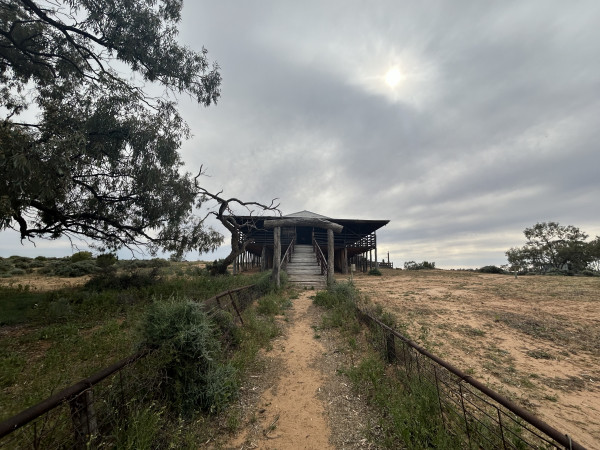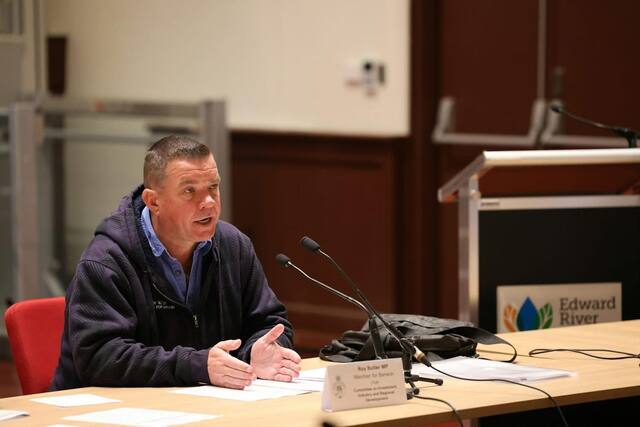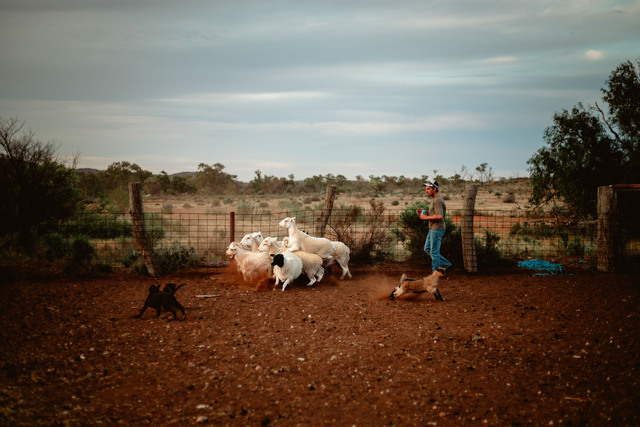DROUGHT resilience will now be addressed in the state’s Far West.
Central Darling Shire Council has released the Far West Regional Drought Resilience Plan which it said drew on experience from previous droughts, and provides a plan to manage broader community implications.
In March last year, Central Darling Shire Council, Broken Hill City Council and Regional Development Australia Far West NSW Unincorporated Area started working together to produce the plan for drought resilience.
“This plan is relevant to our far west communities whilst also acknowledging the differences between our areas,” the Council said in a statement.
“The work was made possible with support from the Regional Drought Resilience Planning Program, which is funded by the Australian and NSW Governments under the Future Drought Fund.”
Developed by Independent Consultant, Meridian Urban, Council said the plan offers practical solutions to support local communities prepare and respond to drought.
It provides various valuable information relevant to the regions, including historical and predicated impacts of drought in each region, an evidence-based strategy to mitigate or adapt to future drought impacts, a prioritised list of actions and pathways to build drought resilience specific to the region and that addresses the needs of the community.
The project has involved widespread consultation and feedback from communities, stakeholders and First Nations people and this feedback is crucial to the success of the final working document.
The plan outcomes include resilient water, resilient communities, resilient landscapes and resilient businesses and economy.
In terms of resilient water, the plan states that what is needed is water availability that can sustain the region, used efficiently to share and maximise its benefit.
Resilient communities involve connected people, facilities and communities that are supported by coordinated and resourced services, creating resilient businesses and economy means having innovative and adaptable enterprises which leverage changes in climate and market conditions.
Finally, resilient landscapes mean having healthy country and waters to sustain people and culture, environmental and industry needs.
Action pathways for the outcomes include the Wilcannia weir replacement project, water security, efficiency and quality.
The plan will work towards weather intelligence, support for youth and governance and collaboration
As well as developing infrastructure to support competitive market access, biosecurity and rangelands management.
Throughout 2025, the project control group will be working with Meridian Urban on the implementation phase of the plan.







